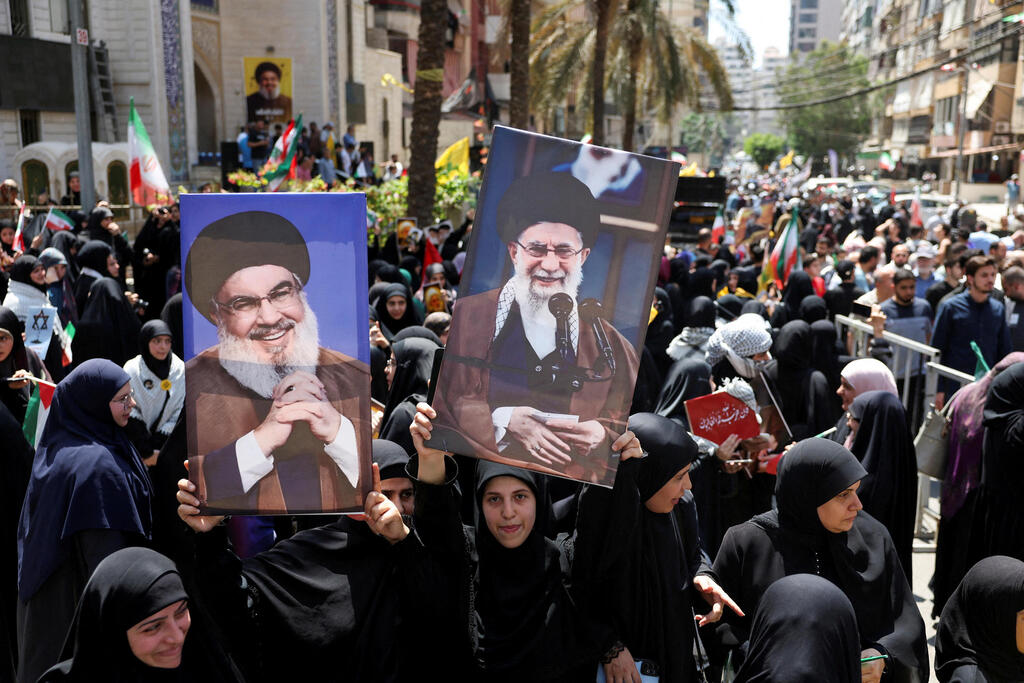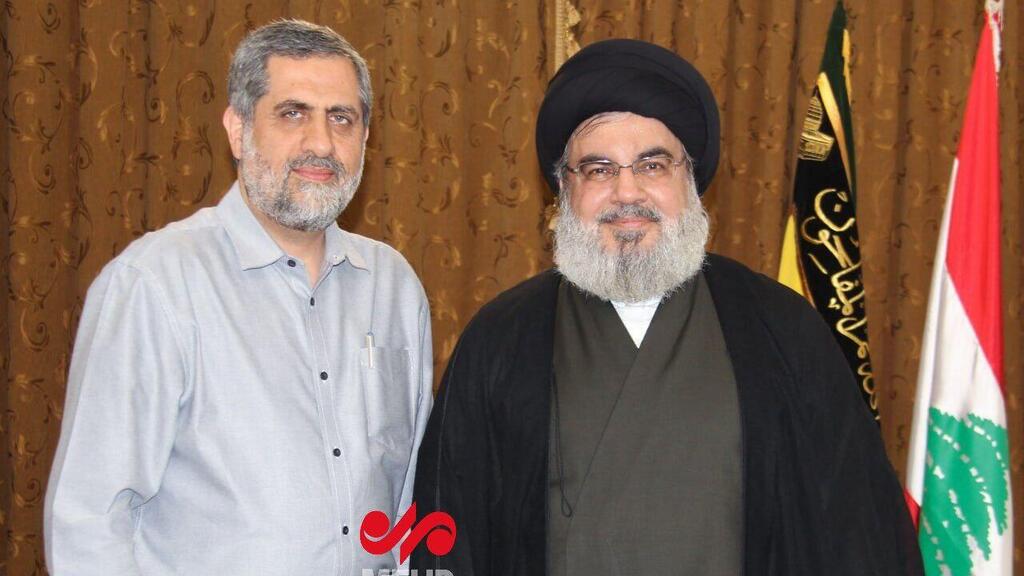According to multiple recent reports in Lebanon, the war between Israel and Iran has triggered an economic earthquake within the ranks of Hezbollah. The terrorist group, already grappling with budgetary pressures, is now reeling from a serious blow to its funding network, straining its military readiness, public standing and ability to retain support.
Months after the round of fighting with Israel, Hezbollah is not only trying to rebuild its forces but also struggling to maintain its image as a “local savior” by delivering financial aid to thousands of Lebanese whose homes were destroyed. Reports indicate some of the funds come from Iran. But that too has been disrupted. A series of airstrikes and targeted assassinations of key figures have severed Hezbollah’s lifeline to hundreds of millions of dollars in support.
Even before the war with Israel, Hezbollah’s financial situation was far from strong. Branches of its financial arm, Al-Qard al-Hasan bank, were struck across Lebanon, weakening its fiscal stability well before the recent killings. Meanwhile, Hezbollah has begun to fault the Lebanese government for not taking responsibility for reconstruction. The criticism appears aimed at retaining internal support among its constituency in a period of increasing dependence.
The most consequential setback has been the elimination of senior figures who managed the flow of funds from Iran. One of the most prominent was Saeed Izadi, known as “Hajj Ramadan,” a senior officer in Iran’s Quds Force responsible for channeling funds to Hezbollah and Hamas. Izadi, closely linked to Iran’s Supreme Leader Ayatollah Ali Khamenei, was killed in the war. Saudi network Al Hadath reported he was in Lebanon for just two days before being killed in Iran and had for years overseen Tehran’s financial transfers to the group.
Get the Ynetnews app on your smartphone: Google Play: https://bit.ly/4eJ37pE | Apple App Store: https://bit.ly/3ZL7iNv
Others killed include Behnam Shahriyari, commander of Unit 190 responsible for the economic logistics of the Revolutionary Guards and its affiliates, and Haytham Abdullah Bakri, head of an exchange company in southern Lebanon used to funnel funds from Iran’s Quds Force to Hezbollah. According to the IDF, the firm was run by Hezbollah to store and transfer money for military purposes including weapon procurement, salaries for operatives and production facilities.
Lebanese outlet Al-Jadeed reported that Hezbollah suspended compensation payments to families whose homes were destroyed following Izadi’s death, which “supervised financing in Lebanon and beyond.” A resident of the Dahieh district of Beirut—a Hezbollah stronghold hit hard by Israel during the war—told the pan-Arab Asharq Al-Awsat newspaper: “Reconstruction work in the building has stopped until further notice. All my requests were met with the same answer: ‘There is no funding right now. Wait.'"
One Lebanese website described the situation as a “gradual collapse of the financing system that was the backbone of Hezbollah’s economic activity.” The report attributed the unraveling not only to the war but also to cumulative pressure from Western sanctions on Iran continuing battles in Gaza and Tehran’s deepening weakness. These factors have closed most money channels to the organization and left Hezbollah, perhaps for the first time in years, vulnerable at home.





